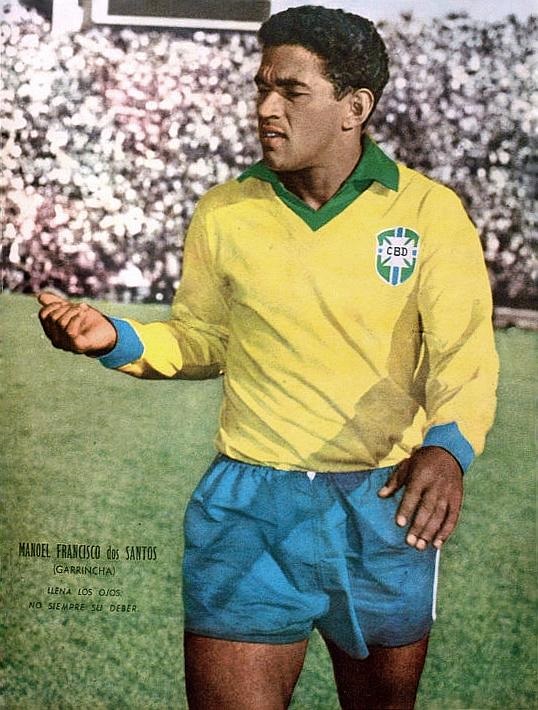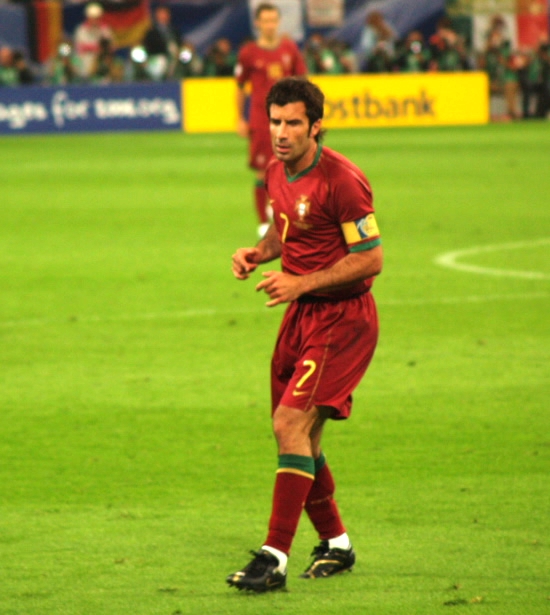The theatre is similar to football in the same way that a match resembles a performance. What?! At first glance, this idea might seem strange, but it can help the viewer see a match differently. The result is not always the main component; sometimes football players overact better than comedic actors, and the dramas on the field are worthy of the pen of the most talented playwright. Oh, what a wonderful guilty pleasure it is to watch a football match as a theatrical performance, perceiving the players as actors and the green field, marked with white lines, as a stage bathed in spotlight.
“Penalty!” – they shouted from the gallery On the similarity between a theatrical performance and a football match
As it turns out, this passion has captured people like James Graham, an English playwright who wrote “Dear England” – a play where football meets theatre. During the performance, the audience is just as anxious when players take penalties as they would be at a real game. The ball never appears on stage, but the entire cast plays it with their feet, eyes, and exclamations.
Long ago, in the dreadful year of 1938, three years before being imprisoned in a concentration camp, the great Dutch philosopher Johan Huizinga wrote perhaps the most sparkling philosophical book titled “Homo Ludens” (Man the Player). This comprehensive study of the phenomenon of play is recommended reading for those who consider play their profession. “What is the essence of the game? Why does a child scream with delight? Why does a player forget himself in passion? Why do sports competitions drive thousands of people wild?” Huizinga asks, clarifying: “The intensity of the game cannot be explained by any biological analysis. But it is in this intensity, in the ability to drive people into ecstasy, that its essence, its inherent property, lies.”
The spectacle captivates the viewer. The drama of Richard III in Shakespeare’s chronicles. The tragedy of Gareth Southgate’s missed penalty in Graham’s already mentioned play (incidentally, Graham said he sees Southgate as a hero of truly Shakespearean stature). The euphoria of the English team reaching the semifinals of the 2024 European Championship.
Hollywood actors and brilliant footballers are equally known and loved by the public because they give the viewer the most important thing – a unique emotion.

A player on the field is not just (and not so much!) a goal-scoring machine, but a vivid personality. Sometimes entire dramas grow out of this. Take Harry Kane, the captain of the England team, who played in every match of the last EC. Watching his bewildered face, usually so cold and restrained, was almost unbearable. He realised that his game wasn’t working, that he was slipping out of it like soap from wet hands, and being substituted was both a relief and a sorrow each time. The hero’s dashed hopes – no different from a Chekhovian character who wears his jacket, sorry, shirt number 9, and can’t break out of this rut.

On the other hand, Ollie Watkins – a hero of a completely different kind, a right-winger, nimble and bright. He burst onto the field like a spark, replacing Kane, and the striking contrast between the two types seemed to make Watkins even more dangerous for the opponent’s goal. A Harlequin, a nimble rogue, he darts across the field, and at times it seems his blue-and-white shirt with three lions turns into a harlequin’s jumpsuit.

And every successful moment seemed to suggest that the spirit of Garrincha, the Brazilian footballer who also played as a forward, looked favourably upon his young colleague.
Witnesses of Garrincha’s game during a match in Moscow recalled that spectators began laughing when a clumsy, awkward man with a limp came onto the field. But the laughter ceased immediately when the stunned stands saw how he handled the ball, how he ran, easily avoiding opposing players, and finally how he scored a goal. The amazed crowd could only gasp, completely forgetting their initial reaction.

Yes, the role of a football player is as important as that of a theatrical actor. Football enthusiasts may remember Luís Figo, the Portuguese forward, star of Barcelona, Real Madrid, and Inter. He was often knocked off his feet, falling like a shot man and lying motionless for several seconds. The stadium held its breath. Figo would slowly sit up, find the referee with his eyes, and raise his hands in a truly tragic gesture. His black brows formed a tragic, broken line over his nose – a real Pierrot.

Like in the Italian Commedia dell’Arte, where the number of masks exceeds a hundred, the roles of football players are diverse. For instance, the eternal child, Peter Pan – Bukayo Saka, the darling of the entire team and English fans. For him, the game is pure, unadulterated joy, a child’s element of play.

And here’s another amazing story that begs to be on stage. The young players of the Georgian national team, who defeated Portugal, beat not just the team but their idol – the great Ronaldo. Hours after the match, social media was flooded with photos of Ronaldo, with his ever-brilliant smile, surrounded by timid teenagers. Those teenagers grew up into players of the Georgian national team and… defeated him 2-0. What a plot twist, which Shakespeare could have written?
But, like in the theatre, where a performance is made by a team, a football match is won (or lost!) by a team. Many years ago, Vasily Utkin (a remarkably bright, talented commentator, and football historian who passed away prematurely this year) said in an interview: “A football team and a troupe of actors are similar. But the means by which an actor supports the ensemble are different. An actor is an individual, though existing within the director’s concept. In football, often to win, you have to sacrifice your role.”

Later, Vasily Utkin worked on stage alongside professional actors in the play “Election Day,” and this interview was conducted six years before the premiere. Perhaps, combining his football and acting experience, Utkin would have come to different conclusions. But history, unfortunately, does not know the subjunctive mood.
The changing mood of the audience, the dramatic turn – everything is like in a performance, only the finale of this action cannot be predicted. Today’s viewer can always anticipate the impression by reading the play, skimming through reviews, relying on the opinions of acquaintances.
But the audience of ancient Greek theatre could not afford such luxury. Although they knew what they were about to see, a tragedy or a comedy, the outcome was hidden behind a veil of mystery, just like for today’s fans coming to the stadium. The audience, the stands, or, as they are also called, the “twelfth player,” with their songs and noisy support, can spur the team, giving them extra strength.
At the end of “Dear England,” the audience stood and sang Sweet Caroline, the unofficial anthem of fans and the national team. It was incredibly touching; at some point, the audience and actors no longer understood where they were, what walls surrounded them.
Good times never seemed so good. I’ve been inclined To believe they never would
It was a kind of theatrical-sporting phenomenon, where theatre and football finally merged. Graham promised to revise the play after EC 2024 – oh, how hard it will be for him, poor man, with this heartbreaking resignation of Southgate, who led the team to silver. To silver – but not to gold. We will await the updated “Dear England” and the World Cup, which is only two years away.





